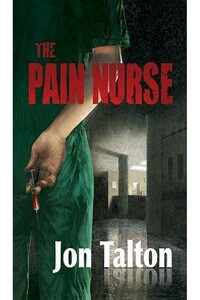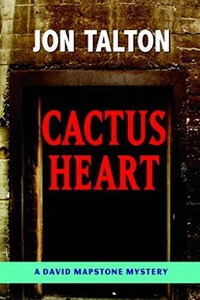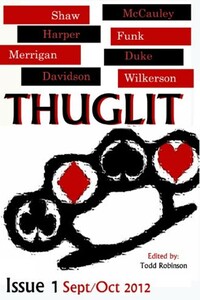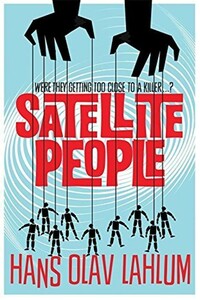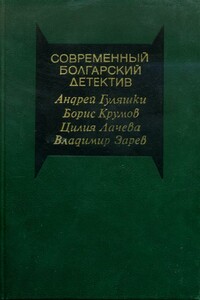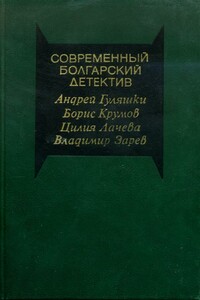South Phoenix Rules | страница 72
The norteño music came blaring out of the open door of the Los Arcos Night Club. Guitar, accordion, bass, and drums, accompanying a tenor’s fervent croon. Inside, however, the musicians were only on a sound system and business was slow. Two men in pressed jeans, neat cowboy shirts, and immaculate Stetsons sat at the bar and watched the two Anglos come in accompanying the former sheriff. Their expressions weren’t hostile; more of curiosity. At the end of the bar, Bill was smoking and drinking a Budweiser.
“That’s illegal.” Peralta indicated the cigarette, now banned in a bar or restaurant.
“So arrest me.” Bill gave a wide smile. A bartender came over and I ordered two Negra Modelos for Robin and me. Peralta wanted a Bud.
“Who is that?” Robin pointed to a ten-inch-tall porcelain statue behind the bar. It depicted a man with emphatic thick eyebrows and a black mustache, dressed in a white shirt and black scarf. A small devotional candle was burning beside it.
“Jesus Malverde,” Bill said. “He was the angel of the poor.”
“The narco saint of Sinaloa,” Peralta said.
“Don’t be disrespectful.” Bill looked at the statue and crossed himself. “He was like Robin Hood, only more. I seek his intercession.” He looked morose. “Magdalena says he’s from the devil, she won’t have his statue in the shop.”
My Robin, no hood, tried to change the subject. “Tell me about this music.”
“It’s Chalino. Chalino Sanchez. He was the greatest corrido singer. Balladeer.”
“He was a play outlaw,” Peralta said. “Real ones ambushed and killed him in Sinaloa.”
“So cynical,” Bill said. “You can’t understand this world without understanding the narcocorridos.”
“Is that what he’s singing about now?” Robin asked. “About the traffickers?”
“No. This is a love song. But it’s lost love and bitterness. He sings that he keeps the bitterness to himself. It’s the corridos pesados that are about the heavy things, drug smuggling and murder, exploitation and the poor fighting back any way they can. But it’s life, right? These are very moral songs, when you think about it.”
Peralta swigged the last of his beer. “Let’s get the details, Bill. I’m not here for the local color.”
They bent their heads close together and spoke quickly in Spanish, too fast and too low for me to understand.
The wide, dark avenues took us farther west. Wide, dark avenues ran through my soul. The pickup’s cab felt stifling even though the heat was off and the vent was running on low. Peralta said Bill had arranged for us to meet with the Phoenix boss of La Familia. The catch: we had to bring Robin. I didn’t like it.
